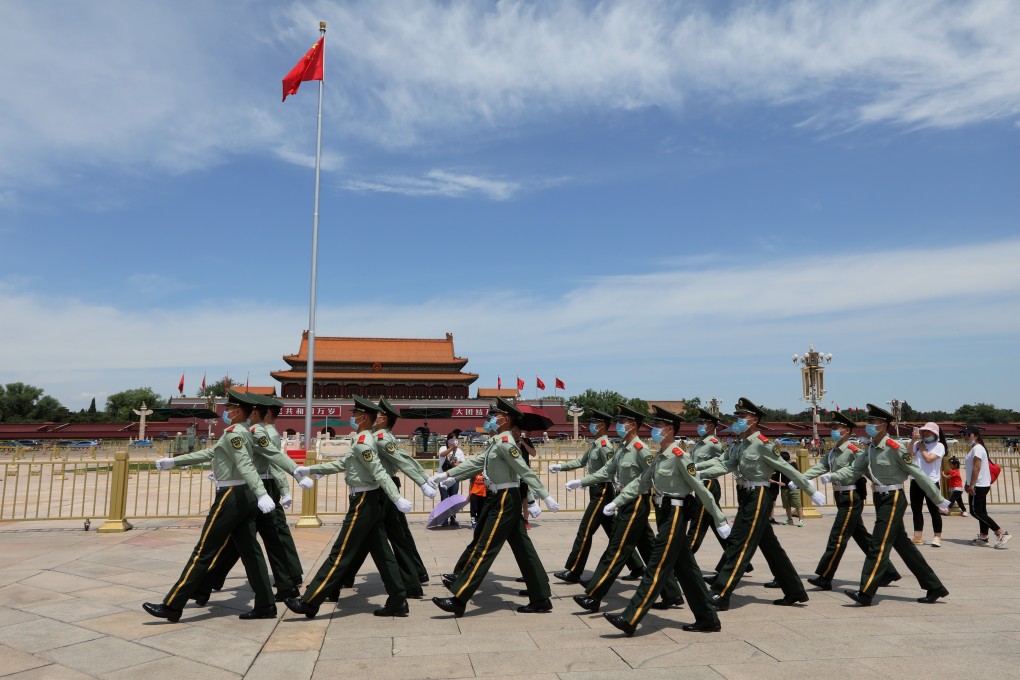Two Sessions 2020: Beijing ‘out of patience’ after long wait for Hong Kong national security law, plans to proscribe secession, foreign interference and terrorism in city
- Amid hostile political environment in deeply divided city, resolution for law will be presented as motion to National People’s Congress on Friday
- Opposition politicians warn that enacting the legislation through promulgation is akin to announcing the death of ‘one country, two systems’

Sources earlier told the Post the new law would proscribe secessionist and subversive activity as well as foreign interference and terrorism in the city – all developments that had been troubling Beijing for some time, but most pressingly over the past year of increasingly violent anti-government protests.
The move is also significant in that the central government appears to have all but given up hope that Hong Kong’s administration will succeed at passing local legislation on such a law, amid a hostile political environment and deeply divided city.
At a press conference late on Thursday, NPC spokesman Zhang Yesui confirmed there was an item asking the legislature to review a resolution on “The NPC’s decision on establishing a sound legal system and enforcement mechanism for safeguarding national security in the Hong Kong special administrative region”.
A Beijing source told the Post the new law would ban all seditious activities aimed at toppling the central government, as well as external interference in Hong Kong. It would also target terrorist acts in the city.

03:49
Hong Kong democrats bash national security law from China’s two sessions, US also voices concern
According to a mainland source familiar with Hong Kong affairs, Beijing had come to the conclusion that it was impossible for the city’s Legislative Council to pass a national security law to enact Article 23 of the city’s Basic Law given the political climate. This was why it was turning to the NPC to take on the responsibility.